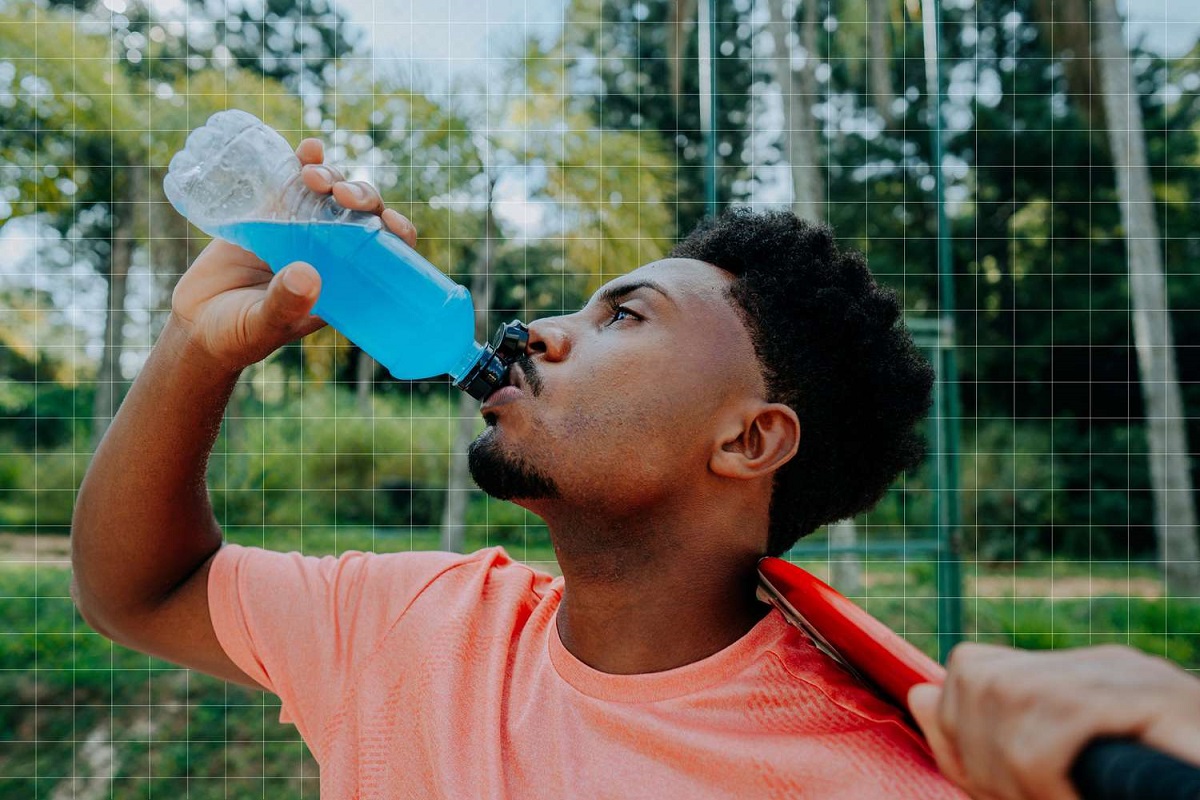Can Excessive Electrolyte Intake Cause Side Effects?

Electrolyte Intake: Electrolytes are minerals that, when dissolved in water, become electrically charged. Common electrolytes include sodium, potassium, calcium, magnesium, chloride, and phosphate.
What Are Electrolytes?
Electrolyte Intake, Electrolytes are essential minerals that are crucial for various bodily functions, such as muscle contractions, nerve cell function, and fluid balance. However, excessive consumption of electrolytes can have negative effects on the body.
Electrolytes, once dissolved in water, carry an electric charge. Common electrolytes include sodium, potassium, calcium, magnesium, chloride, and phosphate. These minerals are found in many foods and beverages, such as fruits, vegetables, dairy products, and sports drinks. Electrolytes are also available as supplements and are often used to replenish electrolytes lost during intense physical activity or dehydration.
How Much Electrolyte Intake Do We Need?

Electrolyte Intake, The amount of electrolytes you need varies depending on factors like age, gender, activity level, and overall health. Healthy adults should consume 1,150 to 2,300 mg of sodium, 2,600 to 3,400 mg of potassium, 310 to 420 mg of magnesium, and 1,000 to 1,200 mg of calcium daily. These levels can be met through a balanced diet that includes fruits, vegetables, whole grains, and lean proteins.
Each electrolyte serves different functions in the body. According to Katie Emerson, a nutrition and sports nutrition expert, “Sodium is one of those vital electrolytes that plays a role in maintaining fluid balance and muscle contractions. Therefore, athletes who sweat a lot need more sodium than the recommended daily amount.
Electrolyte Intake, Potassium also helps regulate fluid balance and muscle contractions and affects blood pressure. Magnesium is involved in hundreds of biochemical reactions in the body and is essential for energy production. Calcium is crucial for bone mineral health, transmitting electrical signals through nerve cells, and blood clotting.”
Do You Need Electrolyte Supplements Or Drinks?
Electrolyte Intake, While electrolyte drinks and supplements can help with hydration and energy levels, they are not necessary for everyone. If you engage in intense, prolonged physical activity with heavy sweating, you may benefit from electrolyte drinks to replace lost minerals.
Additionally, if you have certain medical conditions like kidney disease, thyroid disorders, or heart failure that affect electrolyte balance, your doctor may recommend electrolyte supplements. However, for the average person with a balanced diet, consuming electrolyte drinks and supplements is usually unnecessary, as they can obtain sufficient electrolytes from whole foods and water.
Risks Of Excessive Electrolyte Intake

Electrolyte Intake, Consuming too many electrolytes can disrupt the body’s balance. This condition is known as “electrolyte toxicity,” and it occurs when there are high levels of sodium (hypernatremia) or other electrolytes in the blood.
Symptoms and signs of electrolyte imbalance vary depending on which mineral is in excess or deficiency, but some common symptoms include nausea, fatigue, tremors, diarrhea, swelling, weakness, confusion, headaches, constipation, abdominal pain, muscle cramps, and irregular heartbeats (cardiac arrhythmias).
Electrolyte Intake, Each electrolyte imbalance comes with its own set of symptoms, though these often overlap and lead to the same result of electrolyte imbalance. It’s important to watch for signs of excessive electrolyte intake, such as extreme thirst, dehydration, muscle weakness, cramps, nausea, vomiting, swollen limbs, changes in heartbeat, confusion, and high blood pressure. Too much potassium can cause heart palpitations, shortness of breath, nausea, or chest pain, while excessive sodium intake can result in nausea, vomiting, muscle weakness, intense thirst, and confusion.
Electrolyte Intake, If you suspect you have consumed too many electrolytes, seek medical attention immediately. In some cases, fluids and certain medications can help restore the balance of minerals, but the safest and most reliable way to treat electrolyte toxicity is to consult a doctor.
Also Read:
Time Magazine: Green Tea Is More Beneficial Than You Think
Vitamin Expiration Date: Does Vitamin Have An Expiration Date?
The 6 Simple Ways To Increase The Absorption Of Vitamins In The Body
What Is Vitamin A? The 7 Best Benefits Of Vitamin A For The Body




